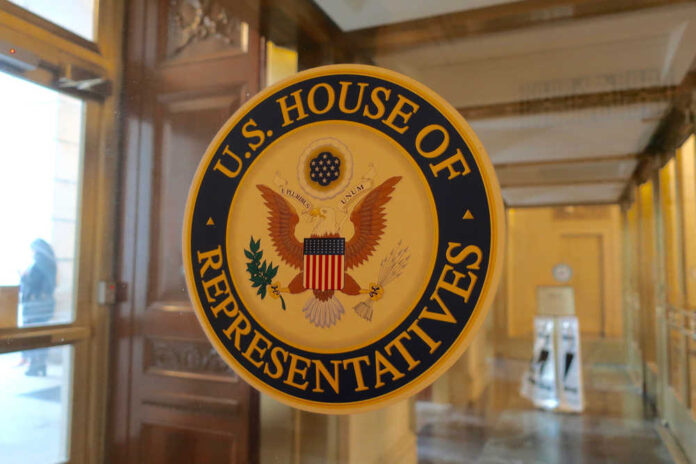
The House of Representatives voted Tuesday to create a subcommittee that will investigate strategic competition between the United States and China.
Support for the measure was largely bipartisan; the measure passed in a 365-65 vote, per Just The News. The committee will likely be chaired by Rep. Mike Gallagher (R-WI), per the outlet.
Gallagher has urged Republicans and Democrats to unite in order to counter the Chinese Communist Party.
Rep. Gallagher on the resolution to create a Select Committee on the CCP: "I stress working on a bipartisan basis…The CCP does not pose a danger to just Republicans or Democrats – it seeks to harm all Americans. And we are going to counter this danger with a united front." pic.twitter.com/e0v70CkOZ5
— Rep. Gallagher Press Office (@RepGallagher) January 10, 2023
Some Republicans have made it a huge policy priority to address Chinese influence in the U.S., with the panel’s formation representing a beginning to what will be a crucial aspect of the GOP legislative agenda.
“I’ve heard my colleagues on both sides say that the threat posed by Communist China is serious. I fully agree,” House Speaker Kevin McCarthy, reportedly told The Hill. “This is an issue that transcends political parties. And creating the select committee on China is our best avenue for addressing it.”
Rep. Jared Moskowitz (D-FL) was one of the more outspoken Democrats to support the initiative.
“In Florida, I saw firsthand the dire impact that our reliance on PPE and medical equipment from the CCP had on the safety and health of Floridians and the American people,” he said to The Hill upon announcing his support for the panel. “We should never again be dependent on other countries in order to protect American citizens.”
While Republicans and Democrats have strong disagreements on many topics, acting tougher against China has occasionally proven to be a bipartisan initiative.
Last year, the Senate overwhelmingly approved a bill that banned the use of Chinese social media app TikTok on all federal devices. The legislation, titled The No TikTok on Government Devices Act, was reportedly sponsored by Sen. Josh Hawley (R-MO) and was included as a provision in the $1.7 trillion fiscal year 2023 government spending bill.
Some lawmakers attempted to go further, introducing a plan to ban the app from being used in the U.S. outright in December, arguing it poses a threat to national security.
Numerous state governors have signed legislation banning the app on government-issued devices as well, including those of Mississippi, New Jersey, Kansas, South Dakota, and Texas.













